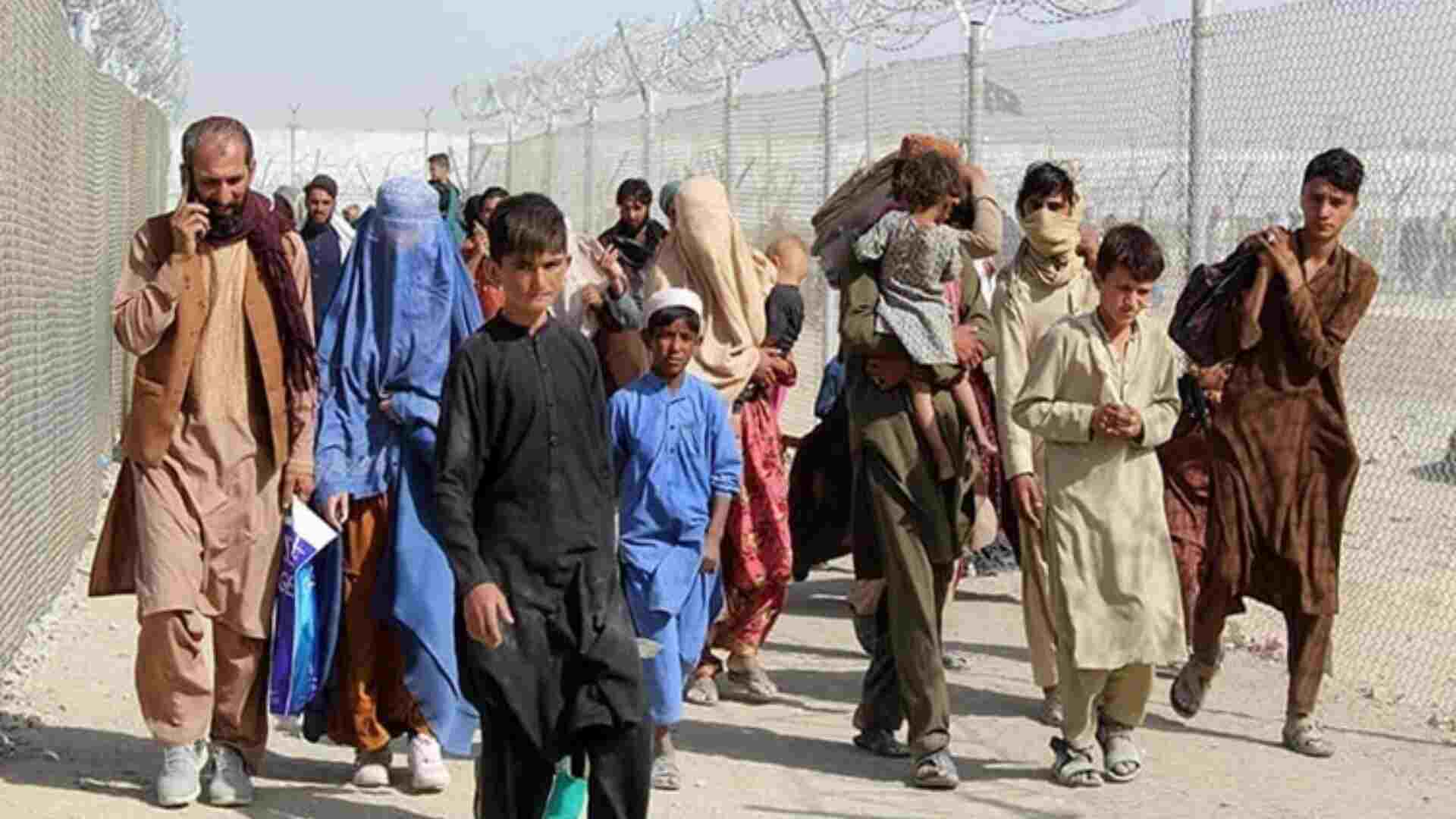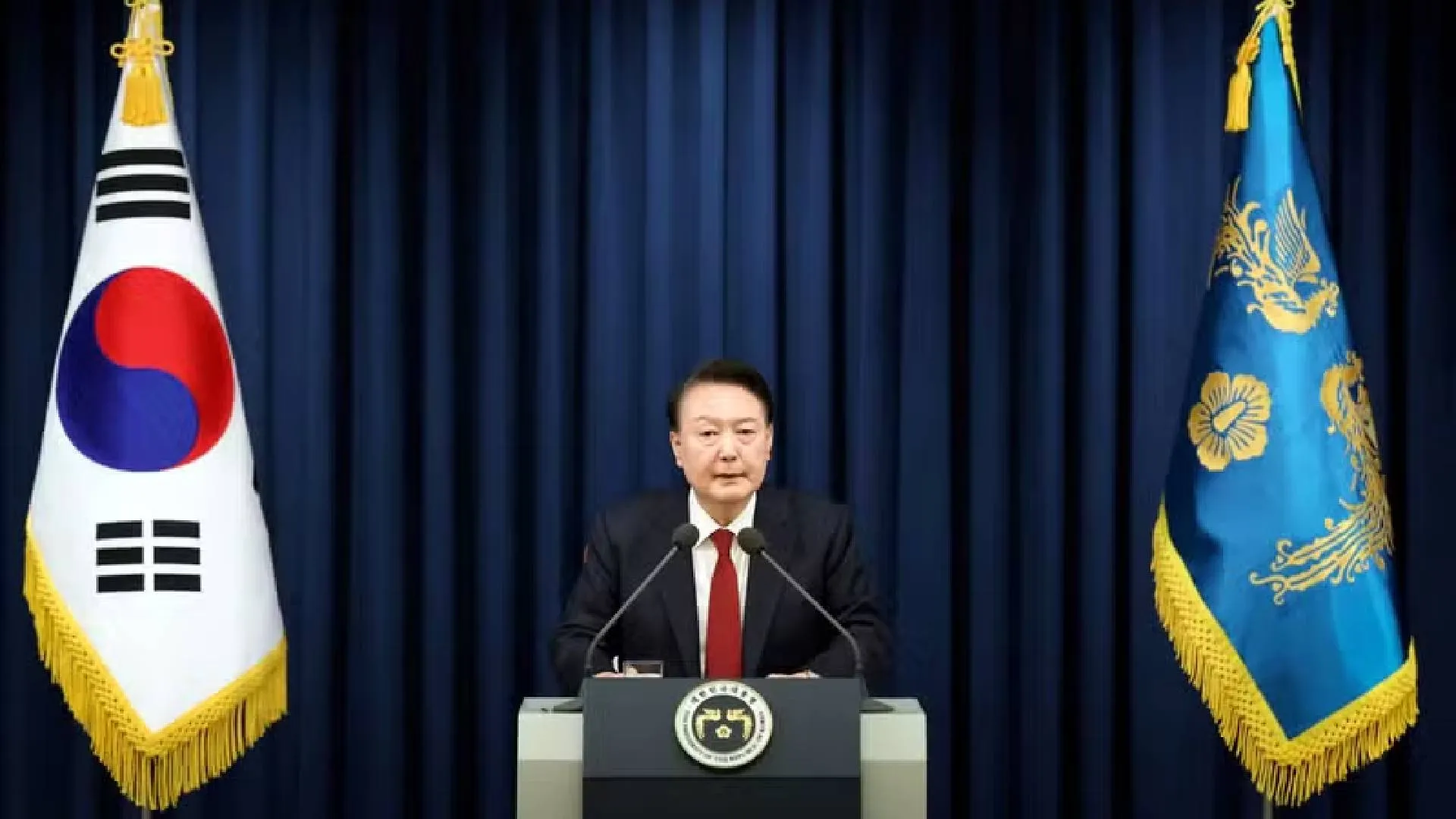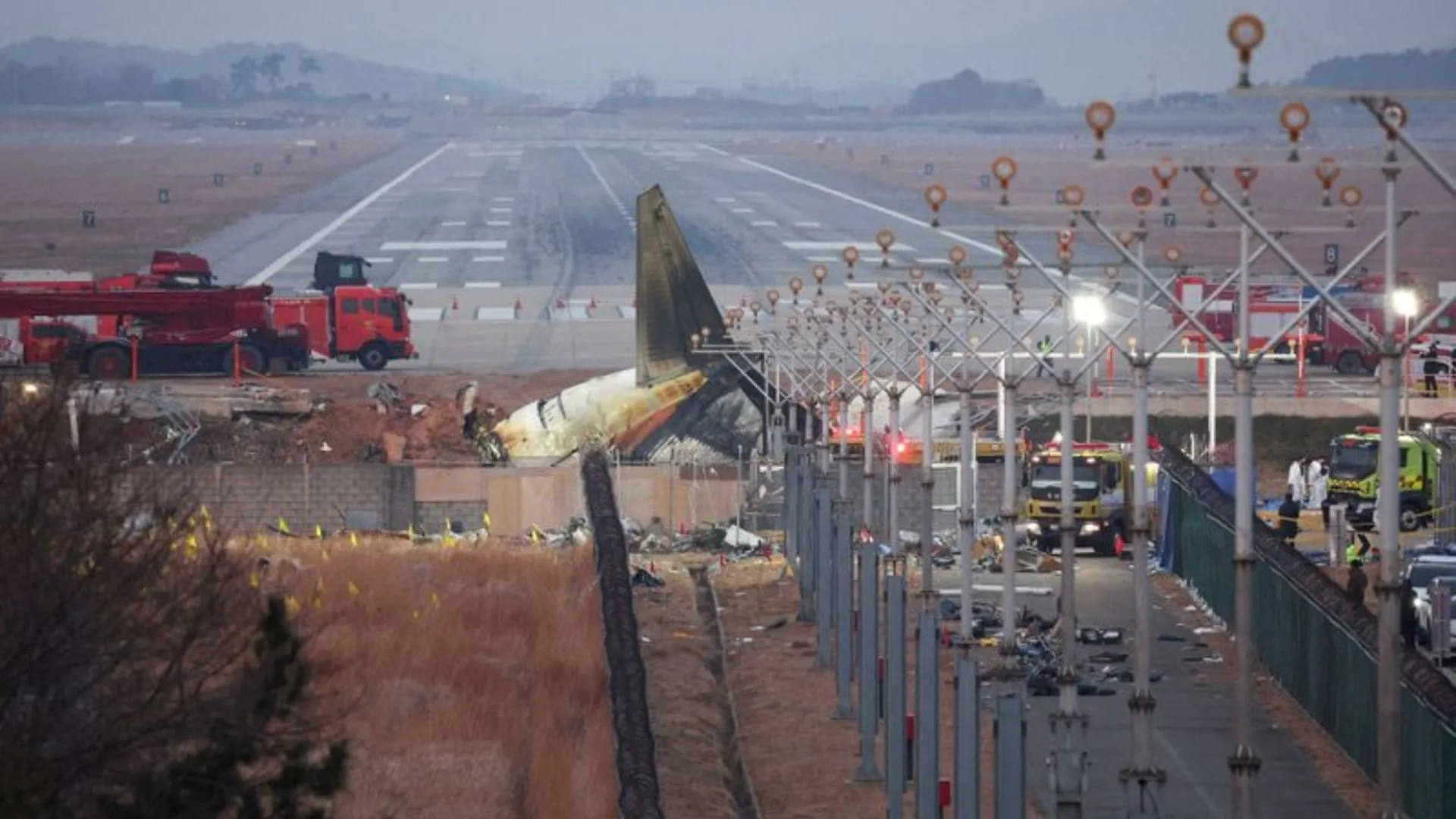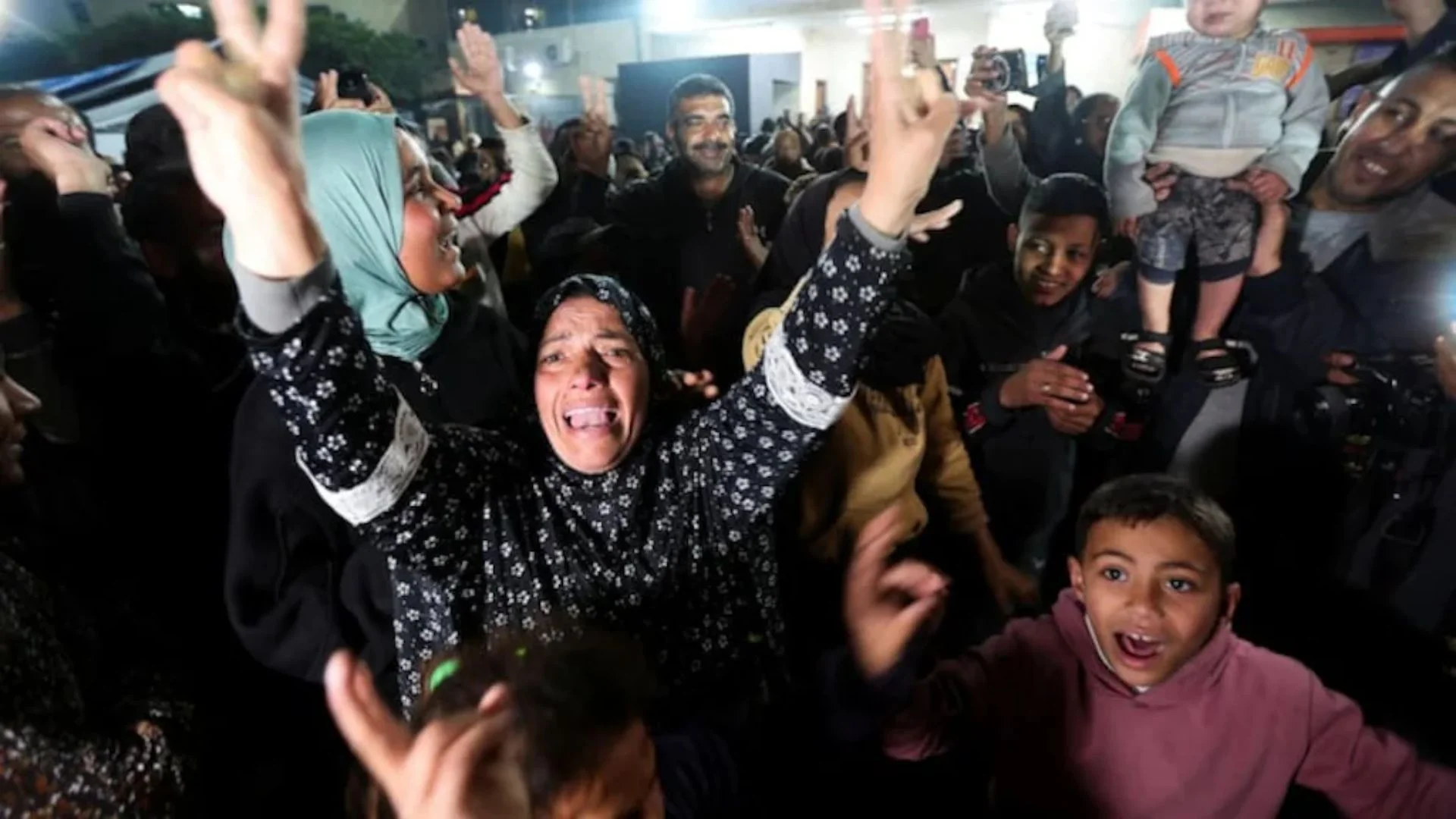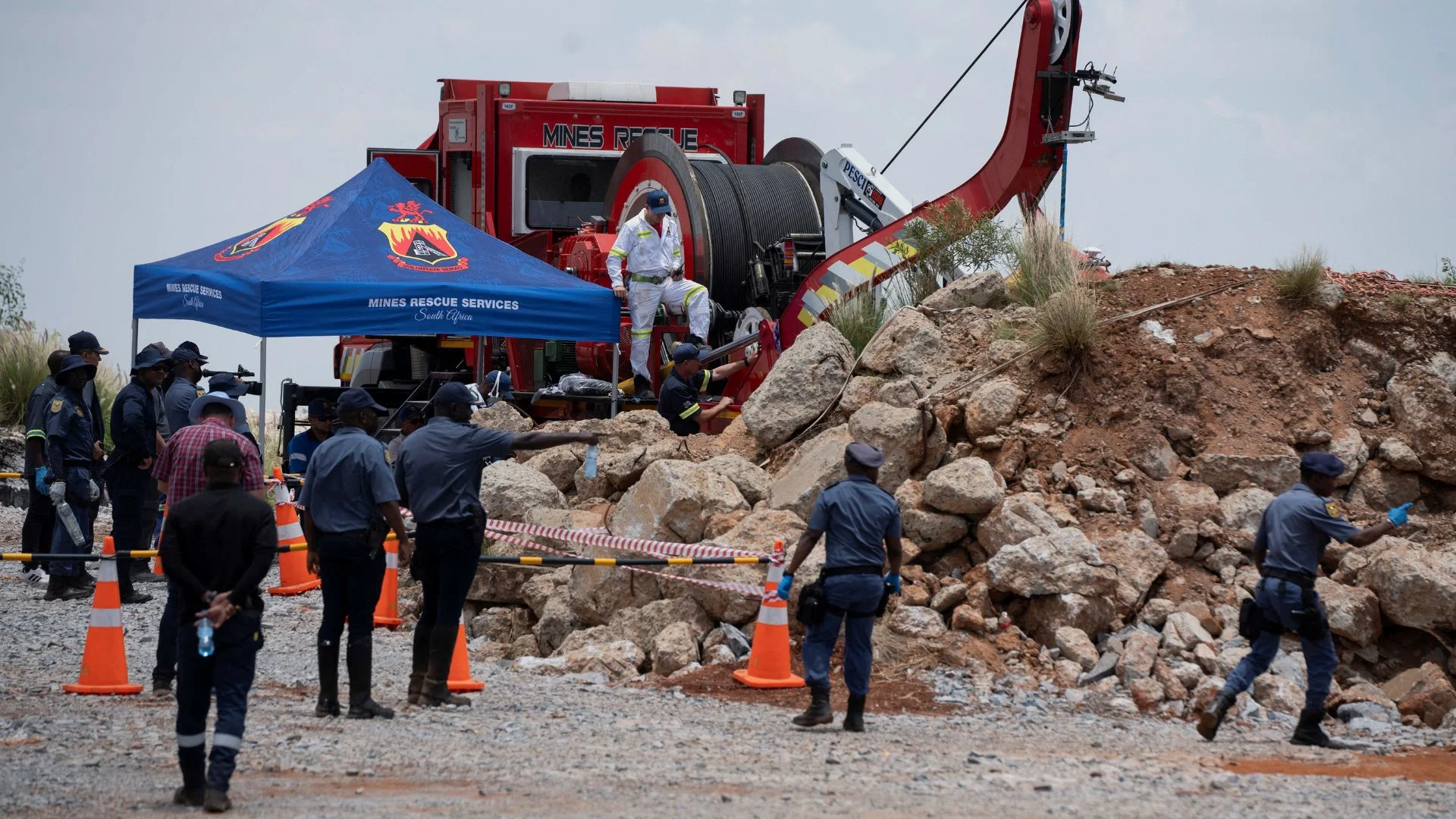At many as 13,447 Afghan migrants were reportedly expelled from Iran and Pakistan last week, according to The Khaama Press.
The Taliban-led ministry stated that Iran deported 10,225 individuals, while Pakistan deported 3,222, including women and children. Afghan migrants returned via border crossings like Torghundi, Spin Boldak, Islam Qala, and the Friendship Bridge.
Recent months have seen a significant increase in the expulsion of Afghan migrants from both Iran and Pakistan, purportedly due to lack of proper residency documentation, as reported by The Khaama Press. Some deported migrants claimed they were detained despite possessing valid documents and forcibly returned, with reports of mistreatment by Iranian police in camps.
Pakistan’s Defense Minister, Khawaja Asif, previously announced strict enforcement of international border laws with Afghanistan to prevent undocumented crossings. These developments have intensified Afghanistan’s humanitarian crisis, exacerbated by the forced return of vulnerable migrants, including women and children, underscoring ongoing human rights challenges.
The Taliban, asserting adherence to their interpretation of Islamic law, have imposed restrictions since regaining power, including barring most girls from high school and women from universities, and restricting women’s employment at aid agencies, beauty salons, and public parks. They have also curtailed women’s travel without a male guardian.

